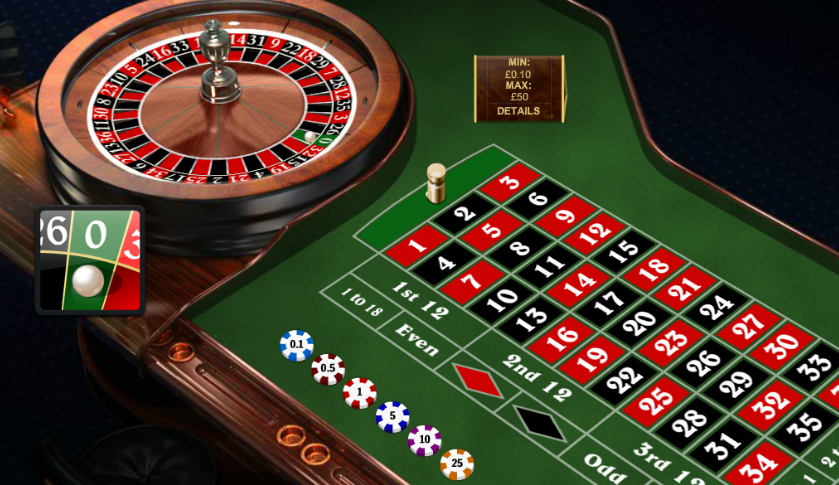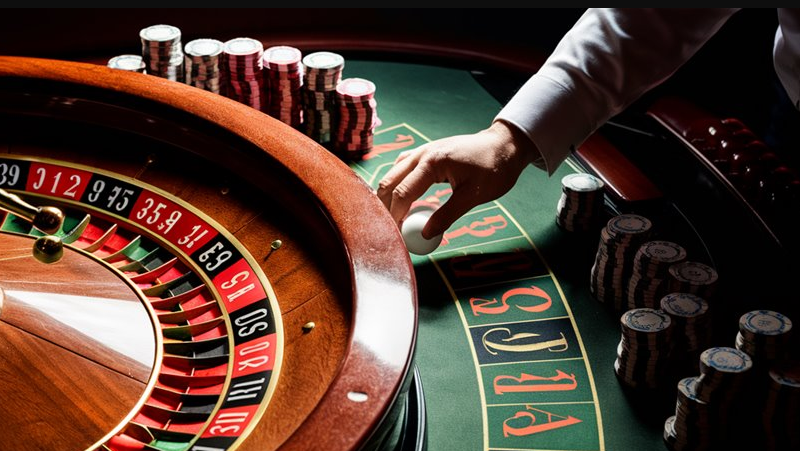When I first started exploring the world of casinos, I kept hearing the term “House Edge” tossed around. At first, I didn’t pay much attention. But the more I played and researched, the clearer it became: understanding how does House Edge affect winnings is crucial if you want to make smart decisions and avoid unnecessary losses. Let me walk you through what I’ve learned over the years about this core concept of gambling.
House Edge Explained: Why The Casino Always Wins
If you’ve ever questioned why casinos consistently make a profit over time, it’s not by chance—it’s all due to mathematics.The House Edge is essentially the built-in advantage that casinos have over players. Whether it’s a slot machine, a blackjack table, or a roulette wheel, every game is designed to give the house a statistical edge over time. This is why, no matter how lucky you might get during a single session, the odds are always slightly tilted in favor of the casino.
To truly grasp the gambling experience, you need the House Edge explained properly. It’s not a trick or a scam—it’s part of the business model that allows casinos to operate and offer entertainment. And while it might seem unfair, once you understand it, you can use that knowledge to make better choices and even reduce House Edge where possible.
House edge definition and its role in gambling
Here’s the basic House Edge definition:It represents the portion of each wager that the casino anticipates retaining in the long run. For instance, with a casino of 5%, the casino is expected to retain $5 for every $100 placed on bets, on average.This is the backbone of House Edge in gambling and affects every decision you make as a player.
How House Edge Works in Practice
Understanding how House Edge works in real games is eye-opening. Once I learned to calculate it, I saw exactly how the odds stacked up—and how the house manages to win consistently over thousands of bets. It’s not about luck; it’s about probability and repetition. Casinos don’t need to beat you every time—just often enough to make a steady profit.
The beauty of recognizing the casino House Edge is that it helps you manage your expectations and improve your strategies. You’ll stop chasing the idea of “beating the house” and start focusing on smart, enjoyable play. It’s knowledge that transforms how you experience gambling, from casual spins to serious strategies.

Example of house edge calculation: roulette, slots, blackjack
Take roulette: in American roulette, the House Edge is around 5.26%. On slots, it varies wildly, but can be as high as 10% or more. Blackjack, when played with the correct strategy, offers one of the lowest edges—sometimes below 1%. These examples show just how much the House Edge in casino games can fluctuate.
House edge vs player odds: who really has the advantage
The real question is this: who’s actually favored—House Edge vs player odds? The answer lies in the math. The casino doesn’t need huge wins; it needs consistent, small advantages. And that’s exactly what the House Edge gives them. Your role is to understand those odds and act accordingly.
House Edge In Casino Games: Top Games With High And Low Odds
Not all games are created equal. Some give you a fighting chance, while others are heavily tilted in favor of the house. It lets you play longer, enjoy the games more, and maybe even walk away with some winnings.
Games like blackjack, baccarat, and certain bets in craps are known for having low house advantages. On the flip side, games like keno or slot machines often have a much higher edge. By choosing wisely, you can tip the scales ever so slightly in your favor. That’s part of a smart House Edge strategy that I recommend every player learn and apply.
House edge in slots, baccarat, craps and other popular entertainment
Slots often come with the highest what is House Edge, especially progressive jackpots. Baccarat, particularly banker bets, can be surprisingly favorable. Craps has bets like “pass line” and “come” that offer better odds too. Understanding what is House Edge in games like these can guide your choices at the tables or machines.
House Edge vs RTP: What’s the Difference?
I used to think House Edge and RTP were just two ways of saying the same thing. But once I started diving deeper, I realized they offer different insights. RTP, or Return to Player, tells you how much a game is expected to pay back over time, while House Edge vs RTP is essentially a mirror image: if a slot has an RTP of 96%, its House Edge is 4%. So, understanding both gives you a full picture of a game’s risk and potential.
That said, these figures are long-term averages. You can still hit a big win in a high casino game, or lose quickly in a low casino one. But knowing both values helps you manage risk and expectation better. It’s about informed choices, not blind bets.

Which indicator is better for choosing a game: RTP or low house edge
When it comes to choosing the best game, I always ask: what’s more important—RTP or low House Edge games? Personally, I lean toward low House Edge, especially in games like blackjack where skill matters. But if you prefer slots or luck-based games, a high RTP can be a solid guide.
The Long-term Impact Of House Edge On A Player’s Balance
Here’s the tough truth I’ve learned from years of playing: this casino always catches up. You might have a lucky streak, but over time, the edge eats into your bankroll. That’s why it’s critical to understand what the numbers really mean. A 5% casino may not seem like much, but over 1,000 bets, that’s a significant loss.
I’ve seen many friends ignore this and chase losses, thinking luck will turn around. But trust me, the casino doesn’t need to cheat to win—its advantage is baked into the rules. Understanding this is key to protecting your balance and enjoying the experience without unrealistic expectations.
Why house edge is not “cheating”, but a casino business model
Some people think this casino is a scam. It’s not. It’s simply the way casinos ensure they can keep operating. Think of it like the price of admission to your favorite entertainment venue. Casinos provide games, atmosphere, and excitement—and the casino is their return. It’s not underhanded, it’s smart business.
Conclusion: How House Edge Shapes the Casino Experience?
In the end, learning about the House Edge explained so much of what I’d seen at casinos. It’s not just a number—it’s the silent force behind every spin, every card, and every bet. Once I grasped it, my approach to gambling changed completely. I became more strategic, more selective, and far more aware of how my money moved.
